What You Need to Know About the Duty to Consult in Canada
The doctrine of Aboriginal rights exists… because of one simple fact: when Europeans arrived in North America, Aboriginal peoples were already here,...
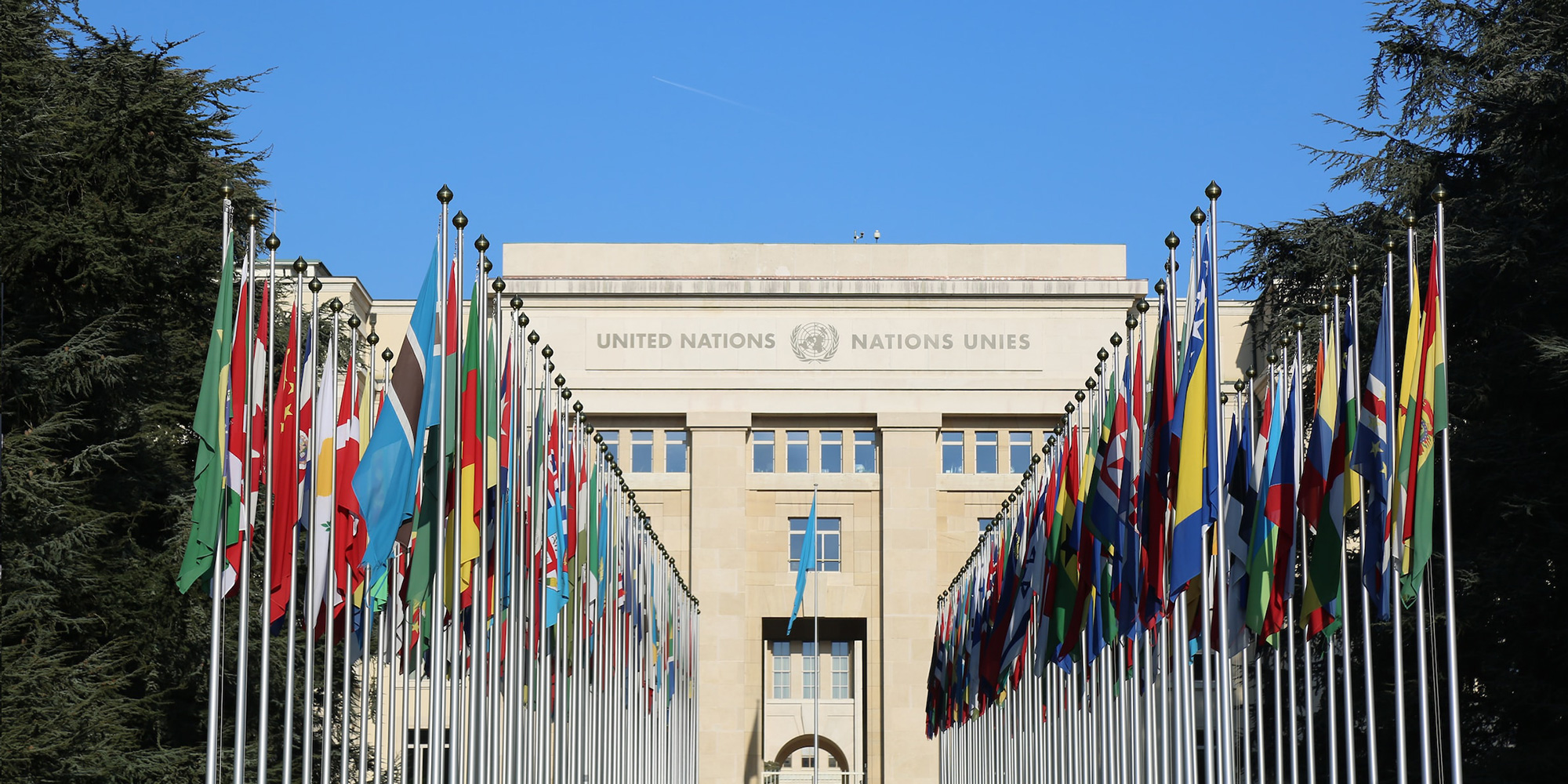
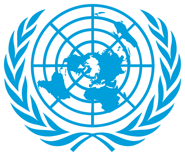
The road to adoption of the United Nations’ Declaration on the Rights of Indigenous Peoples (UNDec) has been a rocky one for Canada. Canada did finally “endorse” the Declaration but not without political pressure from Indigenous Peoples. What follows is a brief synopsis of the timeline leading to endorsement:
The General Assembly voted on the adoption of the proposal during its 61st regular session; the vote was 143 countries in favour, four against (of which Canada was one) and 11 abstaining. Canada choosing to vote against the Declaration was not without consequences.
The then National Chief of the Assembly of First Nations (AFN), Phil Fontaine, gave this response to Canada’s vote: “Among many others, this declaration was endorsed by Canadian Louise Arbour, the UN High Commissioner for Human Rights. Our country, which led the way in the fight against apartheid, played a leading role in UN declarations about the rights of women and of children, and led in the development of the "responsibility to protect" concept, now finds itself an outlier at the UN. This is, indeed, a stain on Canada's reputation.”
The Assembly of First Nations adopted a resolution during a special Chiefs’ assembly in Ottawa directing AFN National Chief Phil Fontaine to invite Presidents Hugo Chávez and Evo Morales to Canada to put pressure on the government to sign the Declaration, and also demanded Canada resign its membership in the United Nations Human Rights Council. "The goals of the official visit are to generate further international support for indigenous rights and social issues, establish a friendship with these visionary leaders, and establish strategic alliances with the governments of Bolivia and Venezuela," stated the resolution.
Nonetheless, work continued and gradually support for the Declaration from a Canadian perspective was achieved.
The National Chief of the Assembly of First Nations, Shawn Atleo stated, "The UN Declaration compels both states and Indigenous peoples to work together in mutual partnership and respect".
Canada officially endorsed the Declaration: "We understand and respect the importance of this United Nations Declaration to Indigenous peoples in Canada and worldwide," said the Honourable John Duncan, Minister of Indian Affairs and Northern Development and Federal Interlocutor for Métis and Non-status Indians. "Canada has endorsed the Declaration to further reconcile and strengthen our relationship with Aboriginal peoples in Canada."
Canada officially removed its objector status to the UN Declaration on the Rights of Indigenous Peoples.
Bill C-15, An Act respecting the United Nations Declaration on the Rights of Indigenous Peoples, was introduced.
Canada’s Senate voted to pass Bill C-15, the United Nations Declaration on the Rights of Indigenous Peoples Act (the UNDRIP Act or the Act), into law.
The United Nations Declaration on the Rights of Indigenous Peoples Act received Royal Assent and immediately came into force. “Now that Bill C-15 is law, we can begin the next chapter in our reconciliation journey together with Indigenous Peoples. The road to this historic moment has been 25 years in the making. We thank the Indigenous leaders who have led these efforts here in Canada and internationally. This law will require the Government of Canada to examine existing laws, policies and practices and to take measures, in consultation and cooperation with Indigenous Peoples, to ensure their consistency with the Declaration. It provides the foundation for transformational change in Canada’s relationships with Indigenous peoples." The Honourable David Lametti, P.C., Q.C., M.P., Minister of Justice and Attorney General of Canada
Updated: September 26, 2022
Featured photo: Unsplash
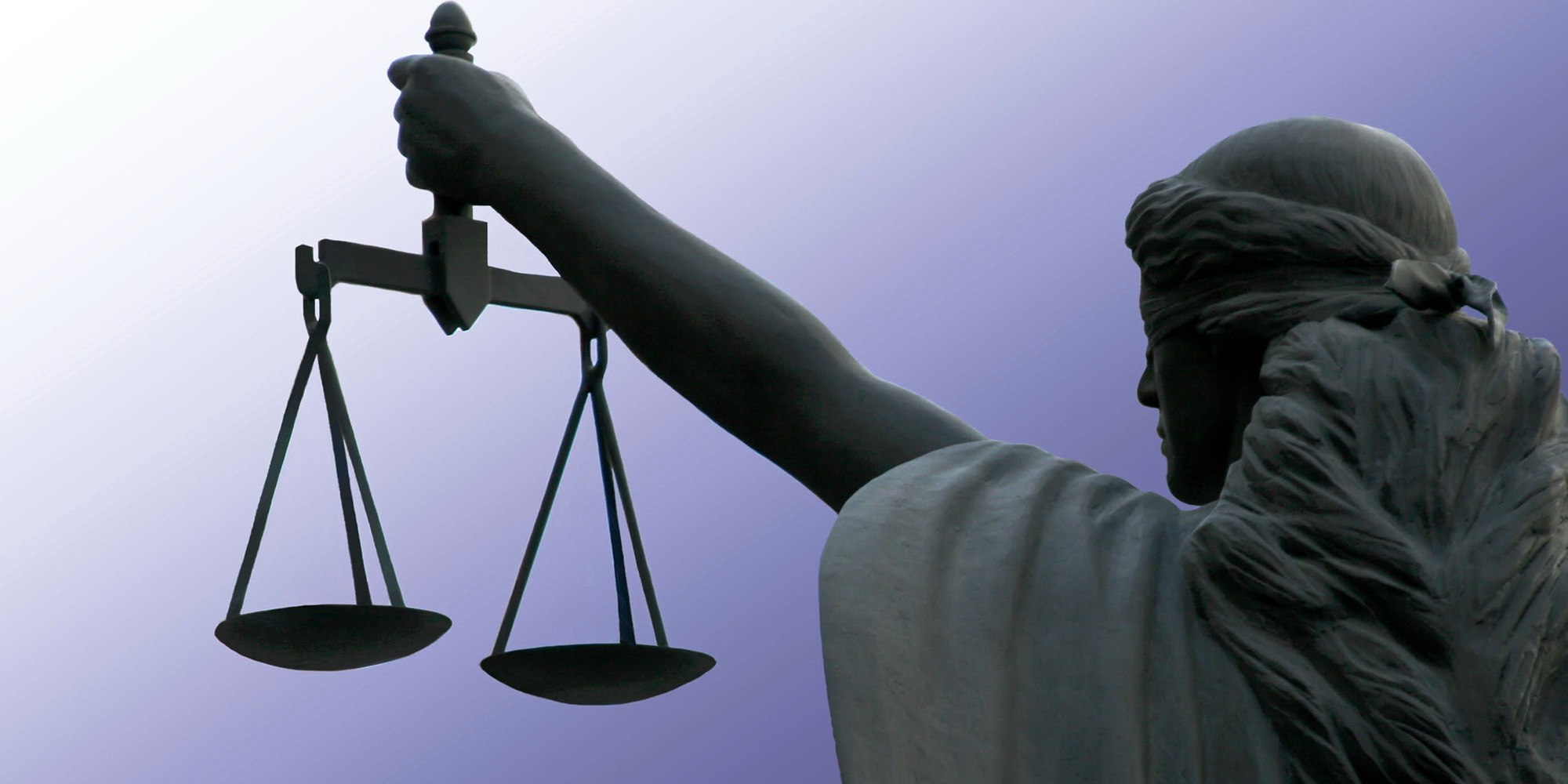
The doctrine of Aboriginal rights exists… because of one simple fact: when Europeans arrived in North America, Aboriginal peoples were already here,...
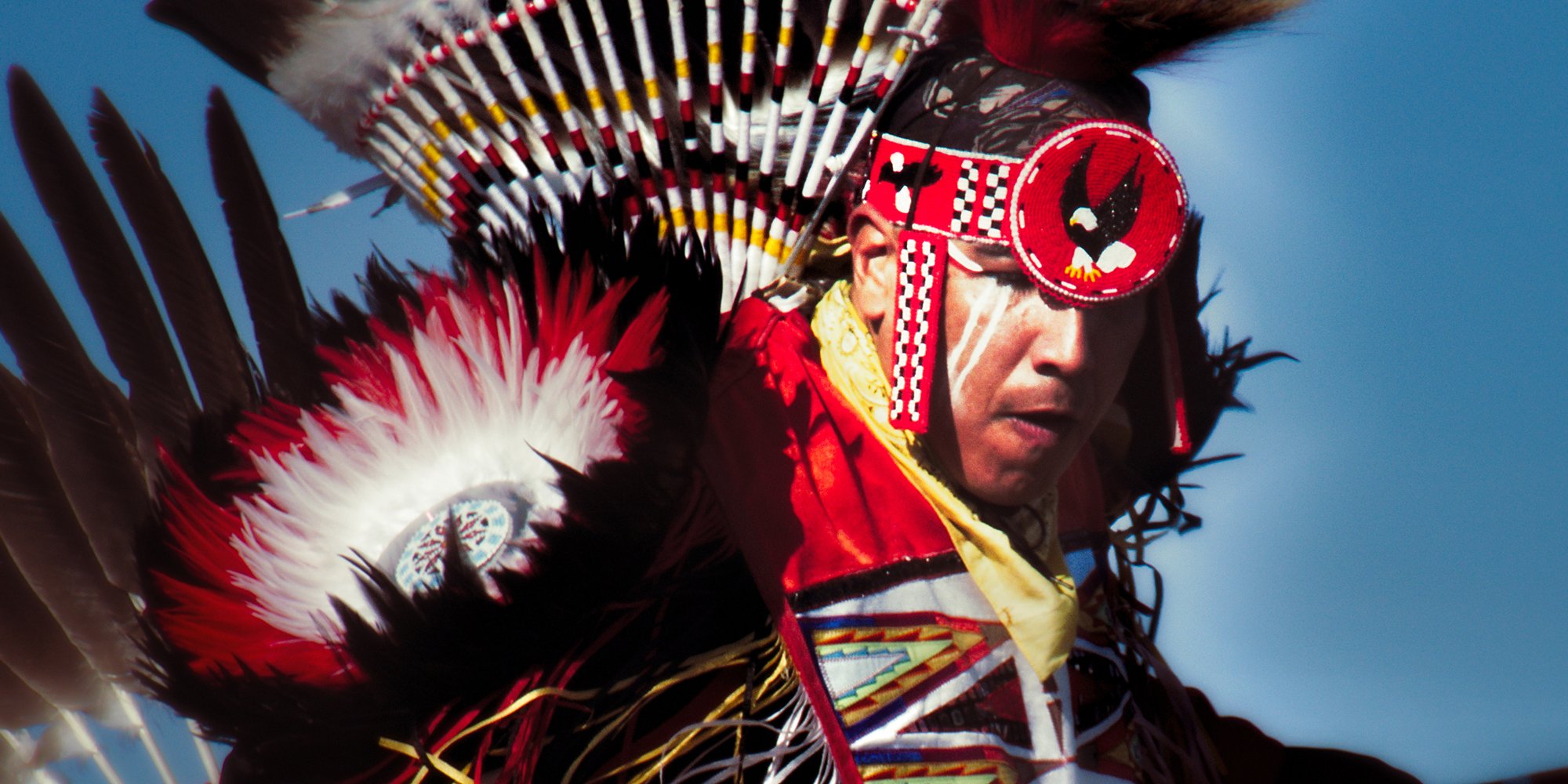
Indigenous awareness is a broad term – I know because my onsite and public workshops are dedicated to helping people understand the full extent of...
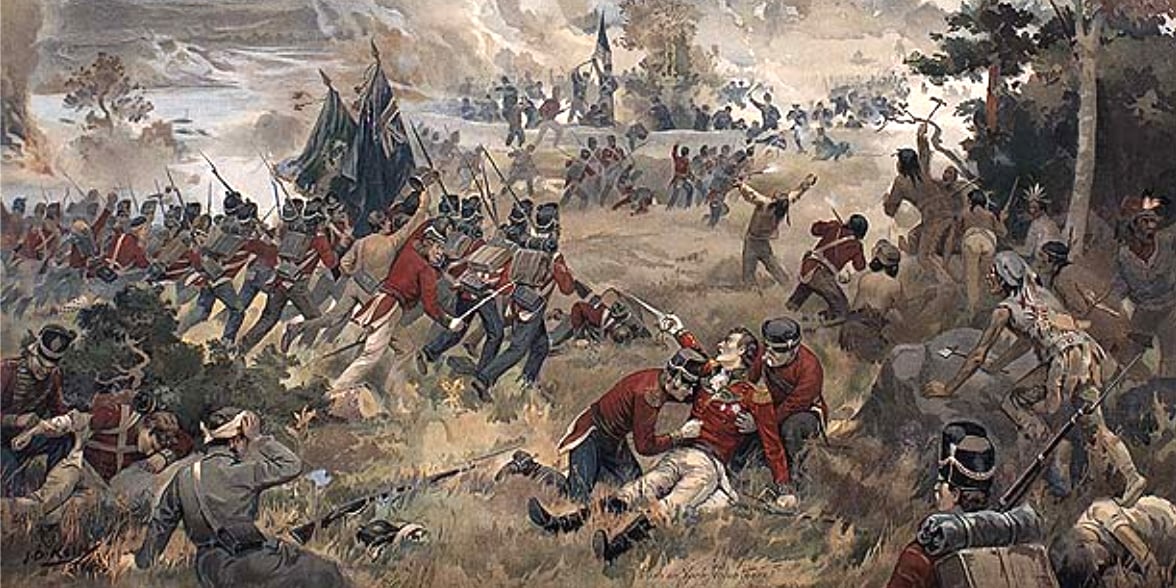
1 min read
The seeds of the War of 1812 (1812 - 1814) were sown in the Napoleonic Wars (1799 - 1815) between France and Great Britain. Napoleon, frustrated by...